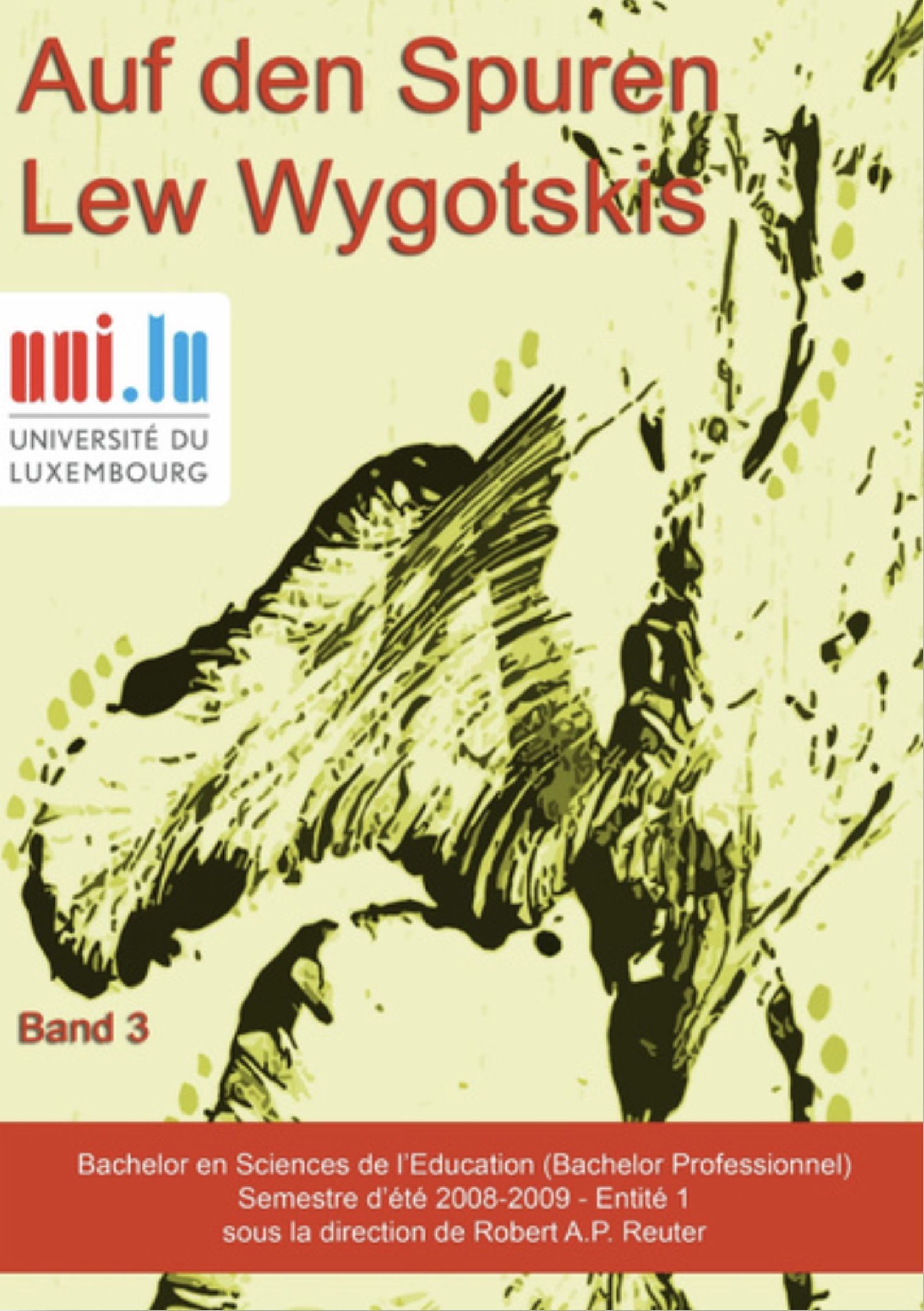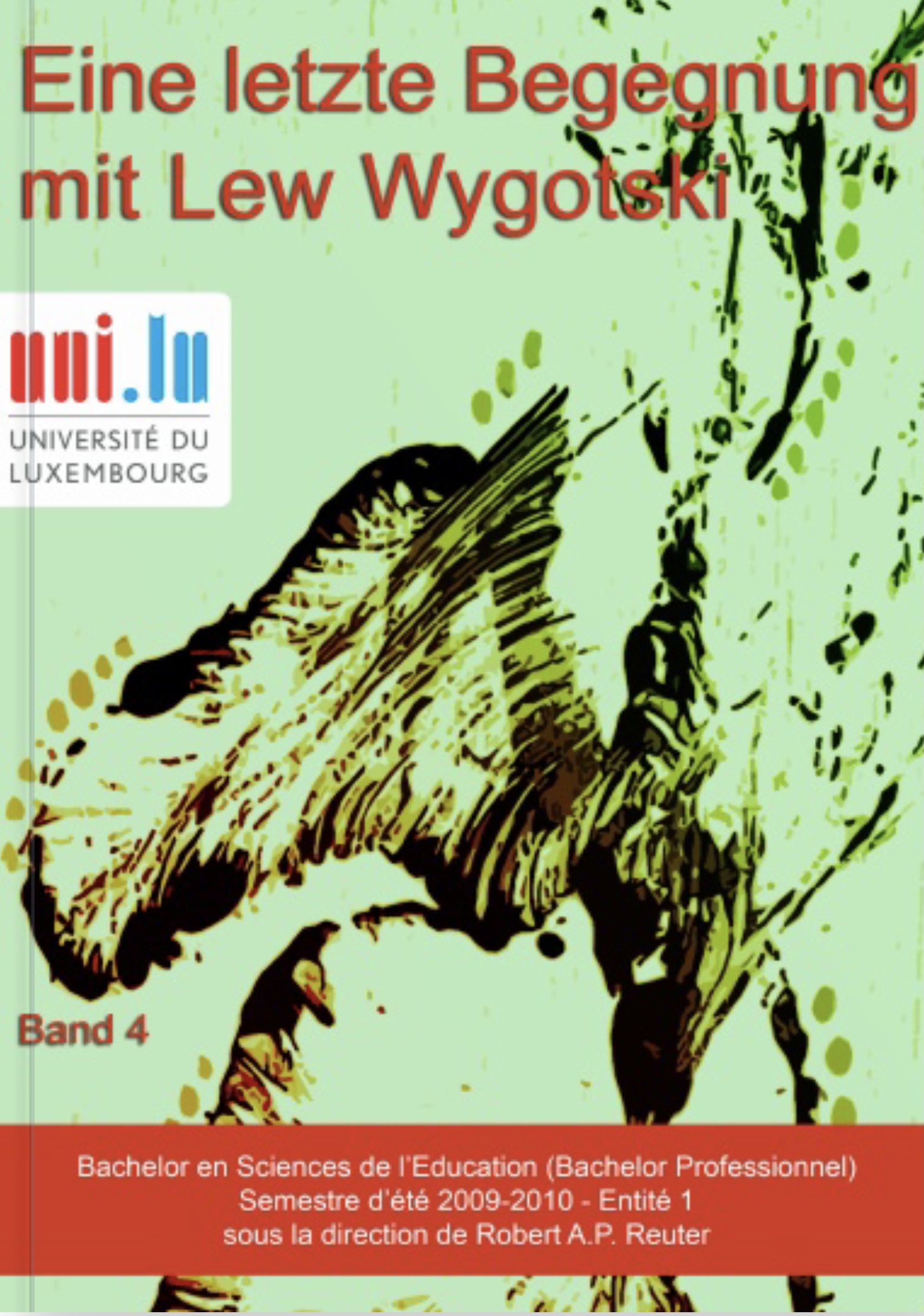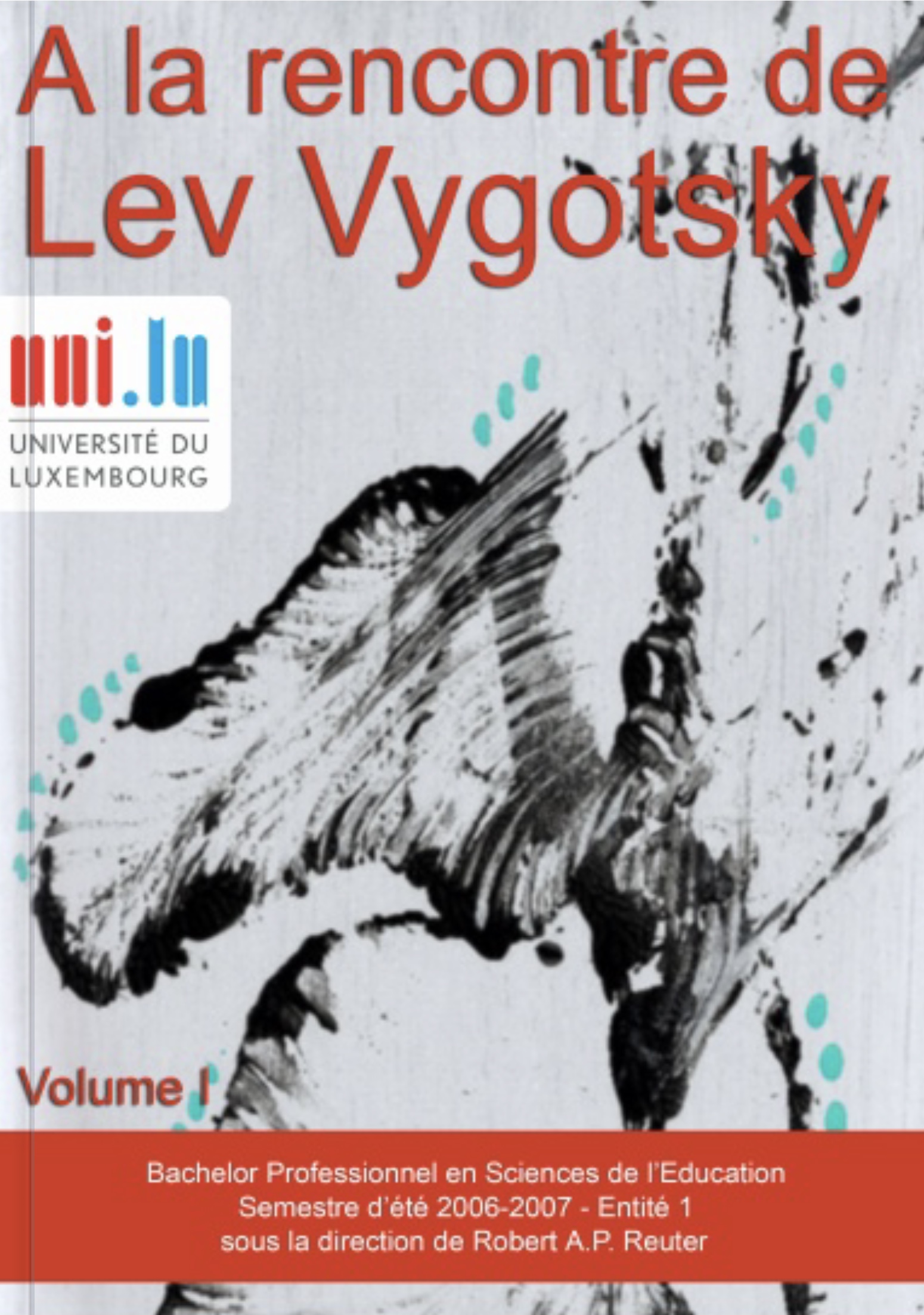On 29th June 2022, I had the great honour and privilege to participate at the 2nd TEDxLuxembourgCity Education event, as a speaker.
Having been a member of the audience for several TEDx events in the past and having helped to organize 3 TEDx events at the University of Luxembourg, it was interesting (and nerve-racking) to see such an event from yet another side, the side of a speaker.
I am very grateful for the opportunity and the chance I’ve had to share my views on what it means for me to be(come) a good (university) teacher. Preparing for this talk helped me to reflect upon my own journey as a university teacher, to make my assumptions explicit and to show how I have had to challenge them over the last decades.
Here you can watch the video recording:
And here you can read the script of my talk:
Why everything I thought about being a good teacher was wrong…
What is a good teacher?
I bet you all have an opinion… after all you are attending a TEDxEducation event tonight.
I find everyone thinks they know the answer to that question!
So let me tell you what I used to think.
When I was a student at university, I had this idea in my head that a good teacher is…
1. someone who knows a lot of things, at least in their area of expertise,
2. someone who can nicely and simply explain complicated stuff,
3. someone who makes their students understand things,
4. someone who is admired by their students because they are recognized as someone knowledgeable.
I am not totally sure where I got these ideas from, BUT as I said… this is what I USED TO think!
I still think that some of these ideas are valuable, of course… as teachers we need to know our stuff, of course… we need to care about our students’ understanding things, of course… and it’s probably not ideal if our students hate us, or is it?
So, okay… yes this might be controversial… but bear with me here… give me a chance to explain…
My current teaching philosophy is not the result of a quick and sudden revelation, it rather developed slowly and over time, and it’s still work in progress now.
I guess there was however one special moment that I like to see as the tipping point for my transformation process:
Back in 2006 I was a teacher at the University of Luxembourg and co-responsible for a course in the first semester of the Bachelor in Educational Sciences about “Learning as Practice”. The objective of that course was to explore different perspectives that people have developed about learning, ranging from folk theories to various scientific theories, like behaviourism, cognitivism, constructivism and socio-constructivism. We would have our students read certain texts about these different perspectives on learning ahead of the seminar and then discuss them in class. At the end of the semester, we would organize a written exam, where they had to show their knowledge and understanding of these different learning theories. Sounds good, doesn’t it?
So, one day, rather out-of-the-blue for me, some of my students confronted me with an inconsistency in our teaching approach:
On the one hand, we made them learn about all these theories of learning that defined learning as an activity of the learner, as a socially meditated and culturally situated meaning-making process. We were telling them that they, as future teachers, should rethink their own teaching and create learning activities that would support the knowledge construction process of each individual pupil by organising group work to foster collaborative thinking, by confronting them with meaningful tasks, etc.
On the other hand, we were having them write an exam, individually, at the end of the semester, to see whether they were able to tell us what we had told them, or what the texts – we had chosen for them – were telling them.
You know… it wasn’t easy for me to admit… but actually… I agreed with them that there was a problem, that we should find another way to be consistent with our own message.
We decided together that we could do things differently in the following semester and, after having checked with my study programme director – who did not oppose the proposed changes – we embarked on an adventure together. I had told my students that if we would do things differently, then we would have to mean it, that we would not just change the format of the evaluation but that we would also show it to the world.
So, during the following summer semester, we wrote a book together about our encounter with the ideas of Lev Vygotsky, a famous Russian learning theorist, and we self-published it.
At the beginning of the semester, the students formed workgroups, decided on a topic or aspect they wanted to study, theoretically or empirically. Over the semester, they did bibliographic research, looked up things, read existing scientific and pedagogical literature about Vygotsky’s theory and its application to education, wrote up their chapters, presented their work to the other students and discussed it. At the end of the semester, I compiled and reviewed all the chapters and wrote a preface, one student created a cover for our book project and the students presented their works to the other students (and me) and to invited guests (mostly other teachers from our study programme). Finally, they received a printed hard copy of our collective book to take home and proudly show their friends and families.
While this was quite laborious for the students and for me, it was also a very intense, satisfying and rewarding experience. So, I decided to use this approach with my next students. So, over the following 3 years, we wrote 3 more books during the summer semester.




And over the next years, together with other co-teachers, I tried to apply this active pedagogy approach to more and more courses I was giving and to develop it further:
We had students choose their own research or development question, do their own bibliographic and/or empirical research, do their own creative design project, present their work-in-progress to their peers, take part in a community of learners, and present their final products to a more-or-less authentic audience of professionals from the field.
Of course, when working this way, it is hard, even impossible, to predict what exactly students will learn in terms of content knowledge, because everyone will have worked on a different aspect, a different concept, and a different question.
But I have seen, over the years, that this type of studying has much more meaning for students, and they make the things that they work on truly their own. It creates much more lasting memories than other, more superficial, forms of learning.
Moreover, they develop a way of thinking and working that eventually enables them to tackle new issues on their own, rather than merely relying on some teacher to give them a quick answer. They become less dependent on their teachers.
But this journey of emancipation is not easy, and it hurts. Many students do not like this approach – at least in the beginning –, because they must dig deeper, they must do the work themselves, they need to take decisions, they cannot delegate responsibility to an authority figure – who knows stuff and guarantees that the things they memorize are true – and they lose some of the controllability and predictability associated with traditional teaching approaches. They mostly struggle with the fact that I tell them that I truly do not know what precisely I expect them to produce in the end. Since such a creative production process is intrinsically an open-end process, I really cannot predict – nor do I want to proscribe – what their end-product will look like… and this way I do learn new things, together with them.
Given all my experiences with such a teaching approach over many years, all the readings I did about it and all the discussions I’ve had with my various co-teaching colleagues, I now think that our role as university teachers is to pull and push our students from a “shallow consumer” position into a position of “creative producers”.
I realised also that I had to revisit my original assumptions about what it meant for me to be a good teacher…
Let me repeat them for you.
Assumption 1:
A GOOD teacher is someone who knows a lot of things.
Well yes we are, but that can be problematic…
Our students often know that we do have extensive knowledge in our field of expertise, and it is easy for them to simply ask us to tell them what’s true or how things should be done. And many of us like to show that they are experts and do have good answers to many questions. As teachers we need to be aware of this temptation to appear “wise and knowledgeable” too quickly when our students ask us questions, that they should be working on themselves. Because if we want students to “walk the walk” themselves, then we need to refrain from giving them easy shortcuts. We still should help them on their own journey, but not make it too easy.
Our mission, as teachers, is to make them develop their own competences, not to show off our own mastery and expertise and to feel good about it. I am aware that this is not always easy, but I do think that education, at all levels, should be about emancipation and needs to avoid the traps of co-dependence.
Assumption 2:
A GOOD teacher is someone who can nicely and simply explain complicated stuff.
Well, actually, NO!
Our job is not to simplify things… We need to make our students deeply think about things to develop real understanding of phenomena, instead of allowing them to merely display shallow knowledge, which they simply reproduce.
We all know that superficially memorizing some clever text, or something the teacher said, and recalling it may make us look clever, but it does not really require us to understand anything.
And still, I do think that knowing stuff – with your brain – is important to become an independent thinker. I love to read about scientific theories developed by other scholars, because they allow me to understand phenomena in the world in a different way than what mere experience of these phenomena can give me. But we need to make them our own by digesting and incorporating them into our thinking. Otherwise, our understanding of them remains shallow.
Furthermore… We need to confront our students with authentic real-life and thus complex problems where they apply existing knowledge and/or develop new knowledge, on the fly. This helps them not only to see meaning in the tasks we ask them to do, by connecting knowledge to real world situations, it also helps them to develop confidence in their own abilities to use or develop their knowledge in other situations that they will be confronted with in the future.
Assumption 3:
A GOOD teacher is someone who makes their students understand things.
Well, actually we should not be in charge of that…
Students should discover that all knowledge is created by humans, and that they can also contribute to that process – even if it’s not simple and straightforward. This helps them to realize that they too can become “knowledge creators”, but that this is not easy and requires intellectual rigour and hard thinking. It also helps them see that we need to critically assess any information that’s presented to us and ask “How do we know that this is true?”.
Assumption 4:
A GOOD teacher is someone who is admired by their students because they are recognized as someone knowledgeable.
That sounds nice, but it misses the point…
Students should rather be encouraged to be lifelong learners that can teach themselves. This will, ideally, make them independent from us, as teachers and as educational institutions. That’s why I now see myself more as some sort of “midwife” – “not the teacher to be admired” – who coaches the students during their struggles to develop the abilities required to later develop their own original understanding, to create their own new insights and to design their own new practices.
In conclusion, I wish to help my students to develop the attitude of a scientist, in a broad sense, NOT someone who has memorized and knows a lot of stuff and can impress others with it, BUT someone who keeps asking questions, someone who understands why the things they assume to be true are probably true, someone who always tries to create new insights, someone who can convincingly communicate their insights to others, someone who wants to know more about how the world works, someone who keeps inventing new solutions to new problems and someone who never settles with the status quo.
In short… I must be the opposite to the teacher I thought I needed to be… (well… kind of)
If you want to purchase any of the books (ebook or printed), here’s the link to the online shop: https://www.lulu.com/search?contributor=Robert+Reuter